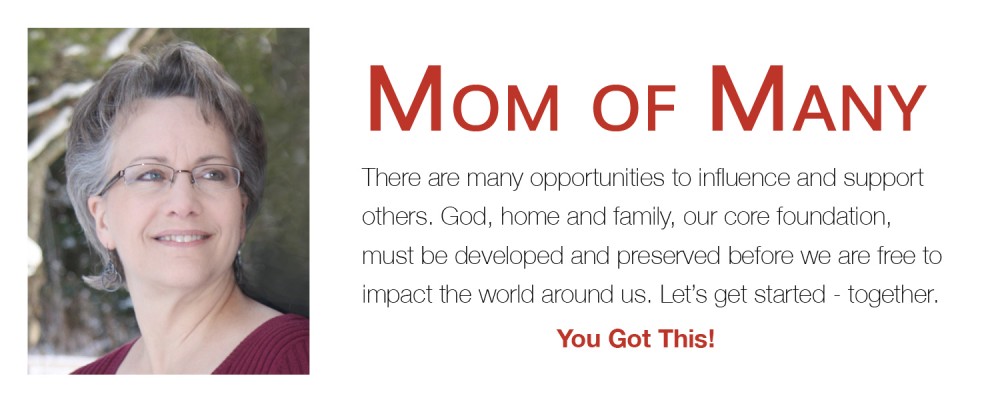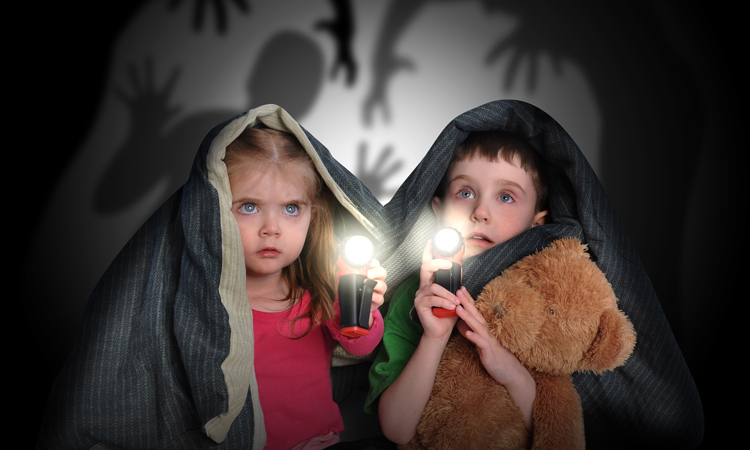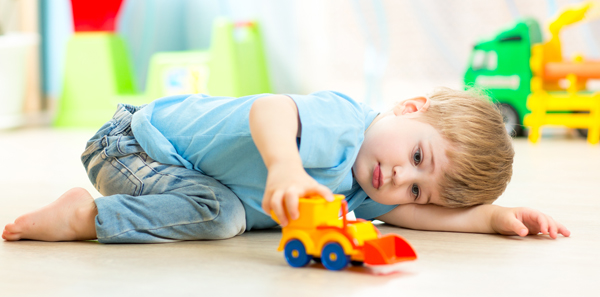True Story…
Years ago we saw a rash of food theft in our home. We limited the sugar many of our kids consumed because of their sensitivity, though occasionally we would reintroduce it into their diets to test it out. Within two weeks we’d see such a negative change in their behavior that we’d withdraw it again.
There were some who would sneak whatever they could find when my back was turned – a mom has got to use the bathroom once in a while! One day I came out into the living room and saw one of my kids throw an empty pop bottle into the kitchen bathroom, hoping I’d not see they had taken it out of the fridge.
When confronted, they would not own up to their disobedience even though it was obvious I saw them. When I retrieved the empty bottle,

Image courtesy of stockimages at FreeDigitalPhotos.net
confirming what had happened, they still would not admit they had done it. “Deny to the death” was their mantra.
There is a meme going around on Facebook that says, “Don’t worry about it… just deny, lie, attack those telling the truth, blame everyone else, and then pretend to be sorry. Works every time.” This quote not only fits the person who denies even when confronted with ironclad evidence of their wrong, but could create a dilemma in the mind of one who does not parent confidently.
I was fortunate enough to have been very confident and tried to always be consistent. My DH was the same and we supported each other. And by the way…BOTH parents need to project a united front. It is important for a child’s emotional security.
If you can get someone to doubt themselves, you have defeated them.
There is a common thread among some of today’s teens and young adults who think their parents ought to apologize for discipline.
As believers we had a two-fold purpose: to turn out responsible kids who loved the Lord and wanted to serve Him. To do so required a stalwart resolve that colored every minute of every day, every decision, and every move we made. It required a 100% faithful consistency and unwavering commitment.
![]()
We believed that to waiver is to fail.
![]()
That commitment was more important than friends. It was more important than ministry. It was more important than our own lives or welfare. It was more important than sleep, food or money. The kids’ welfare dominated our every thought, our every plan, our every move.
So why apologize?
If the above is true, if a parent can honestly say that they did their best with the best of intentions, then why do we see parents apologizing to their children for being too hard on them? Why do we see children asking their parents to admit they were bad parents and asking them to apologize? Why do parents feel responsible for the bad choices their kids make in adulthood when they were taught to do right? Why are parents feeling guilty? For what?
Disclaimer time: I’m not letting parents off the hook that aren’t doing or didn’t do their best, are or were lazy or neglectful. I’m not condoning the behavior of parents who don’t/didn’t care about their kids and put their own desires and welfare ahead of their kids.
I’m talking about the parents who did their best to provide a good, stable home. I’m talking to the parents who, with great consideration, raised their kids to respect authority, be responsible, care for others, work hard, be consistent, live morally, love God and value family. No one can judge a parent. Only God can judge and only He knows the circumstances and challenges the parent had to deal with.
Since when are parents accountable to their children?
- God is the giver of life. He alone builds families.
- God alone knows what is best and what the future holds and which parents each child needs to become what He has planned for them.
- God knows who were are, what we’ll do, and how we will react.
- He has things in place to guide and direct us and if we truly desire to follow and please Him, then He will be our guiding Light.
- God has the power to intervene and will do so when needed.
- It is not the responsibility of anyone but God alone to judge a parent and He can be trusted to manage and mold anyone or anything into His own perfect plan.
You will not find past generations cowering to their kids immature emotional demands.
Why do parents feel the need to apologize when there is no need? In the story above, in a later conversation that child told me, “It’s your fault. If you would let me have sugar whenever I wanted it I wouldn’t have to steal.”
WHAT?
If I had lacked confidence, I might have bought into that faulty reasoning, or at least re-evaluated my prior decision to do what was best for them and the family.
“Don’t repent of decision in the dark decisions made in the light.”
Children don’t have the latitude to make those decisions because of their lack of maturity, experience and information. That is why God gave them parents. Yet, as they remember back, their incomplete and immature memories corrupt their thought process.
It is important to your kids’ maturing process that they stop blaming others or their circumstances or consequences for their actions and start taking responsibility for their decisions and how they will affect their future. To fixate on what they thought was unfair keeps them looking back. For many this can hinder their maturing process.

Should we apologize for:
- Providing a healthy lifestyle?
- Teaching them to clean up after themselves or help with the chores?
- Requiring they do their homework and do their best in class?
- Setting a bedtime and requiring them to be quiet and leave everyone else alone?
- Teach them to be respectful, obedient, and kind?
- Making them take responsibility and holding them responsible for their actions?
- Expecting proper dress and language?
- Preventing them for owning things that would tempt them to do wrong?
- Teaching them to work, pray or plan ahead?
- Following through, being consistent or persistent?
It’s not that complicated.
Am I saying we should never apologize?
Occasionally we will run across someone that felt offended or was hurt unintentionally and they will harbor feelings of ill will. If they are not mature enough to put it in the past and leave it there, then is when you say, “I had no intention of offending you, but I’m sorry if you felt that way.” If it was over a good decision that they didn’t like, add, “But I stand by my decision.” This can be applied to our children as well.
If you’ve done your best as a parent because you wanted the best for your child, then don’t apologize. It’s simple. Don’t enable your child if they cling to a corrupted memory of the past. They don’t always remember correctly or may be searching for an excuse for their poor behavior (probably both). If you apologize for good parenting, you only enable their immature thought process and undo all your past work.
It’s amazing the growth you can see in a person when they stop blaming others. Stand firm by your conviction that you were/ARE a good and faithful parent. Make them see the truth through the boundaries that you set – by your confidence in your parenting.
We are amazed and thrilled at how well most of our kids are doing in their adult life and are blessed often with good reports. Hang on if you are discouraged – God isn’t done. We should always have hope our kids will mature and take hold of our faith and lead a responsible lifestyle.

Image courtesy of photostock at FreeDigitalPhotos.net
Takeaway: Kids don’t respect weak parents.
- They don’t always appreciate their upbringing until they mature – but that doesn’t mean you were wrong.
- Give them time to mature, but don’t waiver. Exude confidence.
- Stand firm and expect to be treated with respect. They need your strength and confidence to have a firm footing.
- Let them go. If they walk away, just stay put till they come back. Don’t compromise to gain their favor.
- Wait and pray and always – always, watch out the window for when they come back and meet them on the porch with a hug and a “Welcome home, we’ve missed you.”

Join Mom of Many to be invited to our secret/closed M.O.M.s Facebook group where we chat every day about mom stuff. If you need support, a strong shoulder or a listening ear – M.O.M. is here. If you’re interested, let me know!








